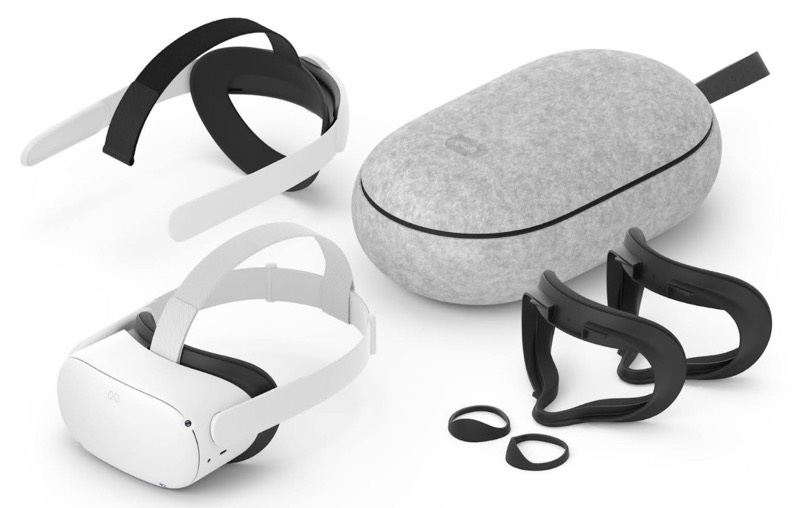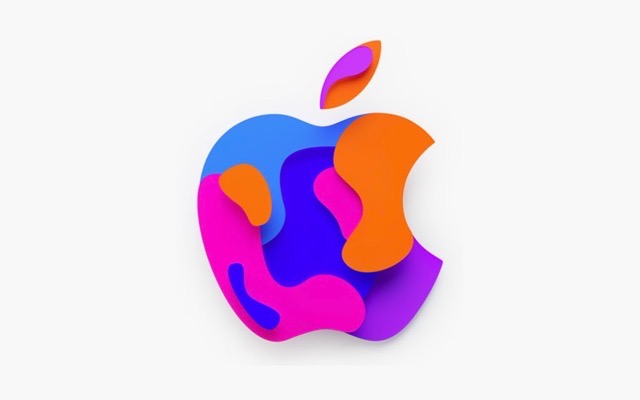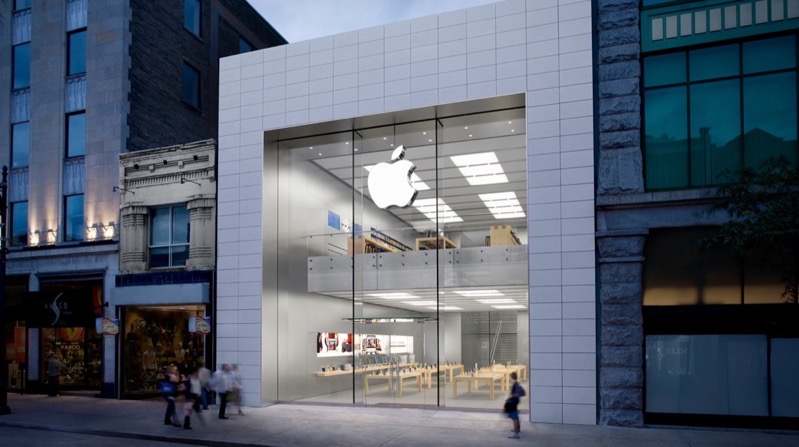
Apple Raises Concerns Over India’s Homemade Navigation System Requirement

India is pushing smartphone manufacturers to support its proprietary navigation system, Navigation with Indian Constellation (NavIC), on all new smartphones sold in the region by January 2023. However, Apple and other smartphone makers are concerned about the added cost and components of making the change — reports Reuters.
NavIC is India’s own alternative to the widely used U.S. Global Positioning System (GPS), much like Russia’s GLONASS or China’s BDS. The European Union and Japan also have their own global or regional GPS alternatives.
NavIC has seen minimal uptake since its launch in 2018, with only about two dozen smartphone models sold in India adopting it by mid-2021. However, Indian Prime Minister Narendra Modi’s government is pushing for more self-reliance and claims that NavIC provides more accurate domestic navigation economic benefits.
Apple, Samsung, and Xiaomi are all worried about the additional cost of the hardware changes they would have to make to their devices to make them work with NavIC. In addition, these production-level changes will also disrupt planned launch timelines for upcoming smartphones.
During private meetings in August and September, representatives from Apple, Xiaomi, Samsung, and other manufacturers pushed back against the Indian government’s mandate. They argued that making phones NavIC-compliant would result in higher development and production costs. It would also require additional testing and validation.
Apple, for one, just debuted new satellite communication technology with this year’s iPhone 14. The tech giant has also moved more of its manufacturing to India, iPhone 14 production included, so it will have to be extra cautious in negotiations with the government.
Samsung, meanwhile, was particularly vocal about India’s desire for hasty NavIC adoption. In a September 2 meeting between top smartphone players and chipmakers with the Indian IT ministry and Indian Space Research Organization (ISRO) officials, Samsung’s India executive Binu George warned of cost concerns.
George said the added cost of supporting an entirely new navigation standard goes beyond just the smartphone chipset.
“This would add to cost as it requires hardware design changes and additional investments to support devices specific to India. Further, the companies have already prepared for models to be launched in 2024,” said George, according to the meeting’s minutes that were reviewed by Reuters.
Apple, Samsung, and others have asked the Indian government to extend the deadline for NavIC adoption until 2025. A senior government official said that a final decision on the request is expected in the coming days.
The minutes also noted that ISRO will provide technical support for the implementation of NavIC in new smartphones, adding that another meeting with smartphone makers may be called.

